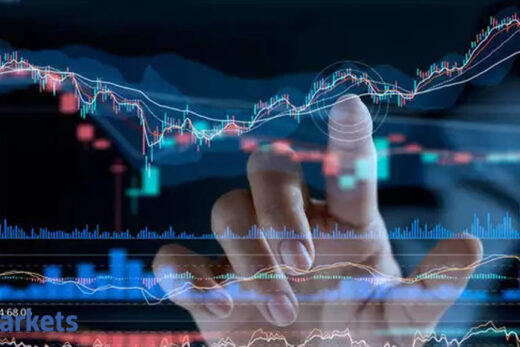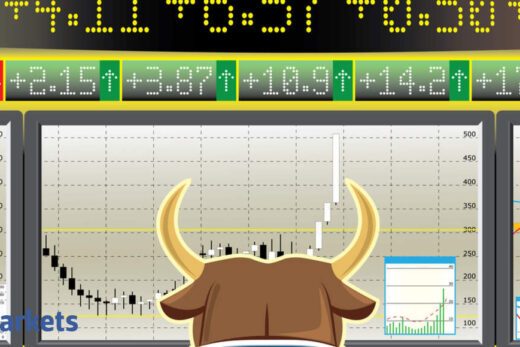What is the new framework?
According to the SEBI framework, investors can trade in electronic gold receipts (EGRs) on existing stock exchanges as well as the proposed gold exchange.
How does it work?
- EGRs will be issued against physical gold
- Investor can deposit physical gold in vaults and get EGR issued against it
- Vaults and storage will be maintained by vault managers registered with SEBI
- The vault manager and SEBI-registered depositories will facilitate the issuance of EGRs against physical gold
- The EGRs will be a denomination such as 1kg, 100gm, 50gm, and they will have perpetual validity
What is the role of Gold Exchange?
The gold exchange would be a national platform for buying and selling EGRs with underlying standardised gold in India. It would also create a national pricing structure for gold. Moreover, the proposed gold exchange is expected to offer a host of benefits to participants in the gold market and the entire ecosystem.
- Efficient and transparent price discovery
- Liquidity in the investments, and assurance in the quality of gold
However, SEBI has also permitted existing as well as new stock exchanges to allow trading in EGRs under separate segments and also decide the gold denominations that will be traded.
Who will bear charges for storing EGRs?
The holders of EGRs will bear the storage charges. This can make the EGRs expensive than keeping gold at home. However, it will lower security risks. Moreover, one can deposit gold in New Delhi and convert it into EGRs but receive an equivalent amount of gold in Mumbai. One EGR can be interchanged for another.
How will EGRs be taxed?
EGRs will be taxed as security under the Securities Contract Act and will be subject to Securities Transaction Tax as per the consultation paper by SEBI. Goods and services tax will be levied only on investors who wish to convert their EGRs to physical gold. This leads to an advantage to EGRs over physical gold or even digital gold, which are subject to 3 per cent GST.
What is there for investors on the table?
Investors in India will now have a plethora of options on the table for investing in gold such as physical gold, gold ETFs, gold fund of funds, sovereign gold bonds (SGBs) and digital gold.
The following table depicts the advantages and disadvantages of gold SGRs over other available options:
(Source: Sebi consultation paper)
In totality, EGRs will be beneficial to investors in the following context:
- One nation one price
- Marketplace for physical gold backed by the power of technology
- EGRs will be traded on exchanges just like other stocks and securities that are traded on the exchanges
(Prathamesh Mallya is AVP Research Non-Agri Commodities and Currencies, Angel One Ltd. Views are his own)



